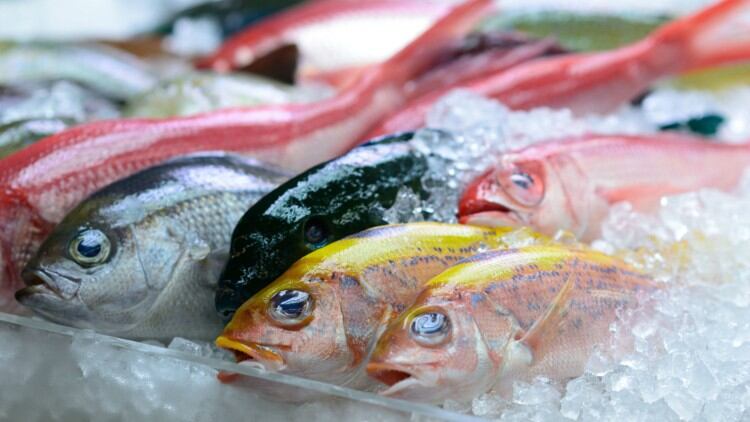The project is spearheaded by satellite telecommunications company Inmarsat, as part of the UK Space Agency’s US$ 196.4 mn (GBP 152 mn) International Partnership Programme (IPP).
Inmarsat has partnered with the Indonesian Ministry of Maritime Affairs and Fisheries (KKP) and environmental consultancy agency PT Hatfield to install POINTREK, a Vessel Monitoring System (VMS) on fishing vessels.
POINTREK uses satellite-enable technology to prevent illegal and unsustainable fishing, as well as reduce the risks of the fishing profession at sea.
One way it does this is by improving the monitoring of illegal fishing and conservation areas.
Illegal, unregulated, and unreported (IUU) fishing activities include the use of damaging fishing equipment (some of which are banned but still used), fishing in conservation areas, and the ignoring of government quotas.
The IUU fishing threat to the marine environment and ecosystem is a growing concern in fishing communities, as it carries major impact to local economic development and food security.
“The impact that is has on Indonesian lives perhaps is not felt directly yet, but if not addressed, the impact will be huge,” said Lida Pet-Soede, Marine Unit Leader, PT Hatfield Indonesia.
“If we continue to allow people to fish anywhere, all the time, take whatever they want to take [and] destroy coral reef, this obviously cannot sustain healthy fishes.”
“Satellite technology is very useful in a country like Indonesia where you have huge expansions of waters, thousands of kilometres of coastline. [You] can have eyes on the sea, figure out where things are happening, and send someone there,” she added.
In Indonesia, roughly six million people rely on fishing as a source of income.
Globally, Indonesia is the second-largest producer of fish. 16% of the world’s tuna catch comes from here. The government aims to increase the per capita consumption of fish to 54.5 kg by next year.
Calling home
POINTREK is also used to track fishing boats and enable connectivity between the fishing crew, the land-based controllers, and the crew’s families.
“We used to suffer as fishermen in the past, it is so different now,” said Arman, a fisherman with over 20 years of fishing experience in a Devex video.
“Previously, when we were at sea, we were completely cut off from the rest of the world. […] We would be out there for 10 to 20 days, worrying about our families because we can’t talk to them, […] there was no cell phone signal out there.”
“Now, being connected to this technology, we have access to [WiFi and SMS] and can talk to them. It makes us feel more at ease,” he said.
Pet-Soede added: “The satellite-based technology also allows the fishers to call someone when they are in trouble, or if they need help.”
To date, 200 fishing vessels have had POINTREK installed on-board, with installation planned for another 100 boats.
International Partnership Programme (IPP)
As per the IPP brief, the Indonesian project aims to directly benefit 2,000 fishers and 10,000 dependants by this year.
Apart from the reduction of IUU fishing, this would be achieved via “improved safety, economic productivity and food and livelihood security for small and mid-scale fishers in Indonesia through expanded adoption of VMS.”
The IPP is a five-year programme “aimed at emerging and developing economies around the world to deliver a sustainable economic or societal benefit”, in alignment with the United Nations (UN) Sustainable Development Goals (SDGs).
Other Asia-based projects under the IPP include a Peatland Assessment in SE Asia by Satellite (PASSES) in Malaysia and Indonesia, as well as the Improved Situational Awareness in Fisheries (ISAIF) project in Philippines.


